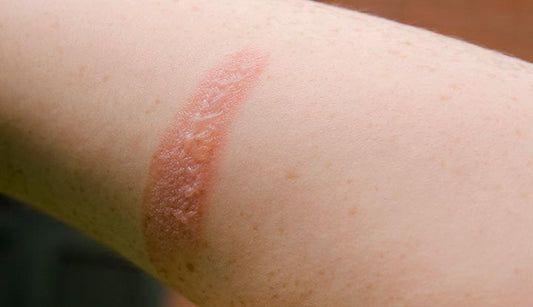Is goat milk good for babies?
Introduction to goat's milk
Goat milk has been a source of nutrition for humans for thousands of years. With a rich and diverse nutritional profile, this milk is a popular alternative to cow's milk. But is it suitable for babies? Let's go ahead and find out.
Goat milk nutritional benefits
Goat milk is loaded with vital nutrients such as protein, vitamins, minerals, and essential fatty acids.
Comparison with cow's milk
Compared to cow's milk, goat's milk contains more vitamins A and D, and more minerals such as calcium, magnesium, and potassium. Although the amount of protein is similar, goat's milk protein is easier to digest.
Unique Advantages of Goat's Milk
Goat milk also has a unique fat composition that promotes easier digestion and absorption, making it a superior choice for people with digestive problems.
How can goat's milk benefit babies?
easy digestion
Due to its unique fat and protein profile, goat's milk may be easier for babies to digest, especially those with sensitivities to cow's milk.
Allergy Prevention
Cow's milk allergies are common in babies. Introducing goat milk can help prevent these allergies.
skin benefits
Some studies also suggest that goat's milk may help improve skin conditions like eczema, which is common in babies.
When can goat's milk be introduced into a baby's diet?
It is essential to speak with a pediatrician before introducing goat's milk into a baby's diet. Babies generally should not consume whole milk until they are at least one year old.
Considerations when choosing goat milk for babies
milk quality
Not all goat milk is the same. It is essential to choose a high-quality milk, preferably organic, to ensure the safety and well-being of the baby.
milk processing
Goat milk must be pasteurized to kill potential harmful bacteria. Powdered milk or goat milk formulas are also a safe option for babies.
Goat milk alternatives
If goat's milk is not an option, there are alternatives such as almond or soy milk, although these should not be introduced without the advice of a health professional.
How to Prepare and Store Baby Goat Milk
Goat milk must be heated to a safe temperature and stored properly to maintain its freshness and safety.
Potential risks and concerns
As with any new food, goat's milk can cause allergic reactions in some babies. It is important to watch for any signs of a reaction and see a doctor if they appear.
Consulting health experts
Always consult a pediatrician or nutritionist before making changes to your baby's diet.
Conclusion
In conclusion, goat milk can be a healthy option for babies, as long as it is introduced appropriately and under the supervision of a health expert. However, every baby is different and what works for one may not work for another. So remember, personalization and careful monitoring are key.
Frequent questions
-
Can goat milk replace breast milk or baby formula? No, goat's milk should not be used as a substitute for breast milk or infant formula in the first months of life.
-
Can goat milk cause allergies in babies? Although less common than cow's milk, some babies may be allergic to goat's milk.
-
Is goat's milk more expensive than cow's milk? Goat's milk can generally be more expensive than cow's milk, but the cost can vary depending on the brand and location.
-
How should baby goat milk be stored? Baby goat milk should be stored in the refrigerator and consumed within a few days of opening.
-
Can I give my baby goat's milk if I am a vegetarian/vegan? Yes, goat milk is an animal product and can be given to babies if the family follows a vegetarian diet. However, it is not suitable for vegan families.























































































































